14 Key Signs You Are in Better Financial Shape Than You Think — and How To Stay That Way

Financial stress is fairly common in America, so don’t think you’re alone if you’re worried about your money.
Check Out: How To Triple Your Savings: 8 Proven Techniques for Financial Success
Learn More: 6 Genius Things All Wealthy People Do With Their Money
While it’s certainly true that some Americans are struggling financially, many others are actually better off than they might think. Even if you haven’t yet reached your lifelong financial goal, there are key signs that can indicate you’re on the right path.
If you can just stay the course, you will ultimately arrive. If even a few of these indicators apply to you, you’re likely in a better financial position than you imagine.
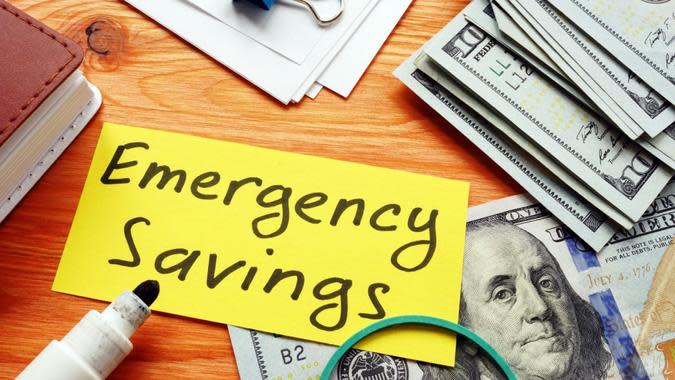
You Have a Modest Emergency Fund
When it comes to an emergency fund, even having one is a sign that you’re ahead of the game.
A recent GOBankingRates survey found that 50% of Americans have $500 or less in their savings account, with 36% having $100 or less.
So, although experts recommend an emergency fund covering three to six months of expenses, if you’ve managed to sock away even a few thousand dollars, you’re likely in a better spot than you think.
Learn More: 5 Frugal Habits of Mark Cuban
Check Out: One Smart Way To Grow Your Retirement Savings in 2024

You’re Ahead of Your Age Group
If you get too caught up in how you’re doing financially vs. “the averages,” it can be disheartening, particularly if you’re younger. If you’ve been in the workforce for just five years, for example, you can’t compare your financial situation with someone in their late 50s.
There will always be people who have a much higher income and/or net worth than you do, and they can skew broad averages higher. So when you compare how you’re doing financially, do it with people in your own age bracket with similar characteristics. That way you can at least be using an apples-to-apples comparison.
Explore More: 10 Expenses Most Likely To Drain Your Checking Account Each Month

Your Mortgage Payments Are More Principal Than Interest
If you’re at the point where you’re paying more in principal than interest on your mortgage, congratulations. Not only does this mean you’re building significant equity in your home, it means you’ll be paying down that debt more rapidly now that your monthly interest charges are smaller.
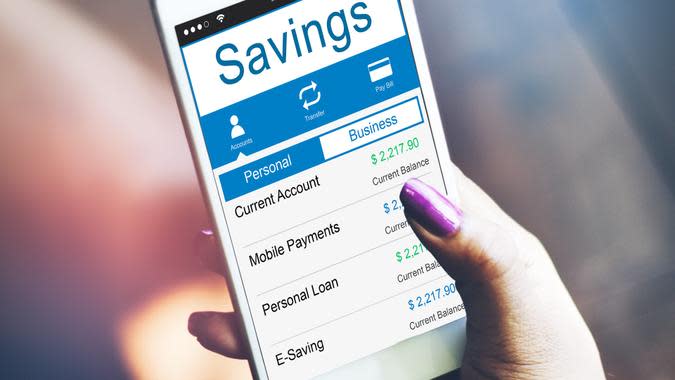
Your Investment Contributions Are Automated
If you start early enough and contribute consistently, investment success is actually pretty straightforward. But it’s hard for most people to constantly remember and choose to set aside money for investments, especially if they wait until the end of the month and find there’s nothing left to save. If you’re already automating your investment contributions, on the other hand, you’ve taken a huge step toward long-term financial success.

You Don’t Live Paycheck to Paycheck
According to a recent GOBankingRates survey, an astonishing 70% of Americans live paycheck to paycheck for at least part of the year. If you’re already in the position where you could afford to miss a month or two of paychecks without it affecting your finances too much, it’s a great sign.
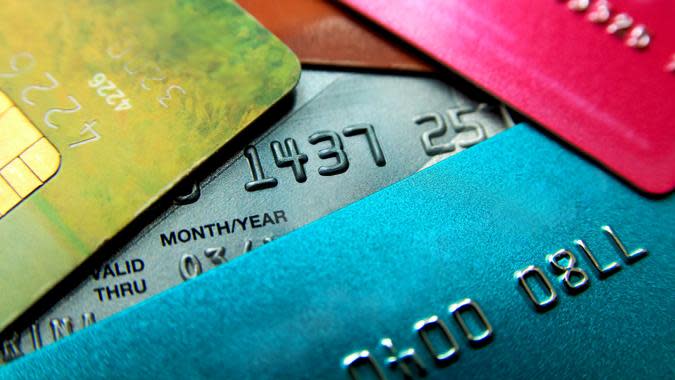
You Have No Credit Card Debt
Roughly 50% of Americans carry balances on their credit cards — with the average balance reportedly around $5,000. If you’ve managed to avoid falling into credit card debt, it’s an excellent sign that you’re good at managing your money.
Find Out: Warren Buffett’s 6 Best Pieces of Money Advice for the Middle Class

You Have Multiple Income Streams
Famed billionaire Warren Buffett once said. “If you don’t find a way to make money while you sleep, you will work until you die.” Passive income, such as through investments or rental real estate, pays you money without you having to work an actual job. It’s also a great way to still have money coming in if you lose your job or otherwise suffer a financial setback.

You’re Not Paying Fees to Your Bank
In this day and age, there’s no reason to pay fees to a bank for things like having a checking account. Although some services will carry a cost, such as an international wire transfers, for day-to-day banking activities like writing checks or using an ATM card, if you’re a savvy user, you’ll find accounts that don’t nick you with little fees that add up over time.

You Never Take a Trip You Haven’t Paid For in Advance
One of the most common expenses Americans put on their credit cards is travel. It can be far too easy to think “you only live once” and put an expensive trip on your credit card, but if you’re financially savvy, you’ll save up for the trip before you take it, not struggle to pay it off after.
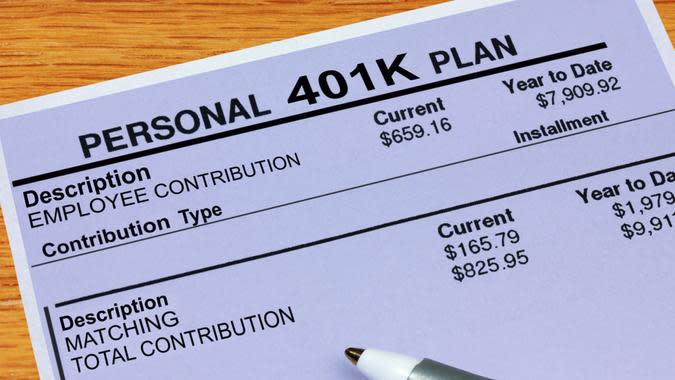
You’re Getting Your Full Employer Match
The closest thing to free money that you’ll find in the investment world is an employer match on 401(k) contributions. Large employers typically match a certain percentage of the amount workers contribute, such as 50% of their first 6% of income, and it goes straight into their accounts. Even if you’re struggling to save and invest, putting away enough to get your full employer match is a solid contributor to long-term wealth.

You Rarely Receive a Tax Refund
Even if you use your tax refund for financially productive things like paying down debt or saving and investing, you’re still generally better off if you never even get a refund in the first place. Why? Because a tax refund is just the return of your own money that you overpaid in taxes.
The government keeps that money all year interest-free and then returns it to you. It’s a much sounder financial strategy to adjust your withholdings so you get to choose what to do with that money during the year rather than waiting to simply get it back.
For You: I’m a Self-Made Millionaire — What Being Broke Taught Me About Keeping Wealth
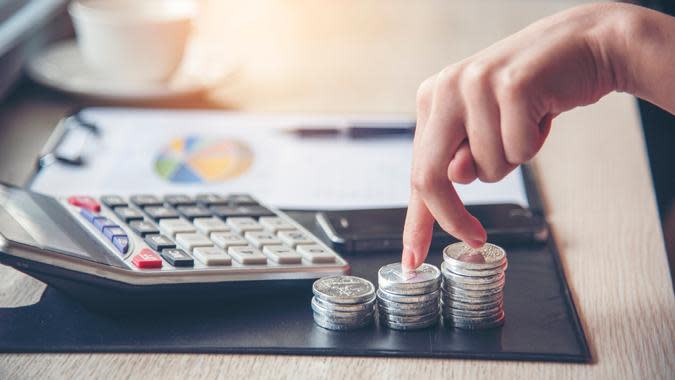
You Actively Budget
Some people view budgeting as a burdensome waste of time, but if you want to get ahead financially, it’s a key step. Your budget will show you exactly where you’re overspending, as most people are in at least one category, and will paint you a clear picture of how you’re doing in terms of your income and expenses. If you budget, you’re far more likely to make the necessary adjustments to stay ahead financially, so it’s a good sign if you’re doing it already.

You Don’t Have To Stress During the Occasional Splurge
Even the most frugal budgeter splurges from time to time. In fact, it’s a quite healthy thing to do if you manage your financial life well and can keep it under control. The freedom to spend on something extravagant or nonsensical from time to time without having to worry about where the money is coming from is a powerful sign that you’re doing the right things.

Your Net Worth Improves Every Year
One of the simplest ways to know that you’re in good financial shape is if you’re going in the right direction. Measuring your net worth every year is a good way to track this. Although you don’t necessarily have to have big jumps in your net worth every single year, if the overall trend is upwards, it’s a good indication.

How To Stay Ahead of the Game Financially
Financial success is a lifelong process. Even if you start off on the right foot, a couple of missteps along the way can derail your plans. That’s why it’s important to have guideposts that you can use to continually monitor whether you’re moving in the right direction.
The signs listed above are all indications that you’re in good financial shape, so the more that you can follow, the more likely you’ll reach your financial goals.
More From GOBankingRates
This article originally appeared on GOBankingRates.com: 14 Key Signs You Are in Better Financial Shape Than You Think — and How To Stay That Way
